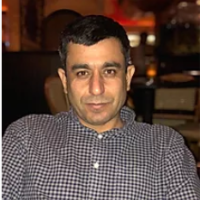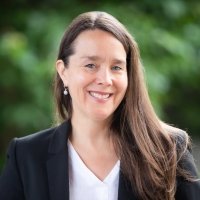Moving Beyond Survival: Sixth Anniversary of Genocide of Yezidis and Christians
In the summer of 2014, the Islamic State in Iraq and Syria (ISIS) rampaged across Iraq and Syria, declaring a caliphate and committing genocide against various peoples of Iraq, most notably the Yezidis and Christians. Thousands were killed or abducted, including Yezidi women and children, about 3,000 of whom are still missing today. Christian churches, Yezidi shrines and other sites of cultural and religious heritage were destroyed as ISIS attempted to wipe out entire peoples, their history and culture.
The Nineveh Plain and Sinjar, the home of the Chaldean Christians and Yezidis, were liberated from ISIS but most of the people that have yet to return home. Six years later, hundreds of thousands remain displaced. Many fled Iraq, more than 1 million Syrians, Iraqis, including Yezidis and Christians have sheltered in the Kurdistan Region, whose population of 5 million. Their displacement is perpetuated by lack of jobs and essential services, and fear of the fragile security.
What are the needs, demands and aspirations of the Yezidis and Christians? What role can the United States and the United Nations play in meeting those needs? What are the Government of Iraq and the Kurdistan Regional Government doing to support the return of these communities to their homes and to ensure a stable and prosperous future? The Wilson Center and the Kurdistan Regional Government Representation in the United States will both commemorate this solemn anniversary and discuss what steps are being taken to bring about justice, accountability and the safe return of the communities to their homelands.
Speakers






Introduction

Moderator

Research Professor of International Affairs and Acting Director of the Foreign Area Officers Program, George Washington University
Hosted By

Middle East Program
The Wilson Center’s Middle East Program serves as a crucial resource for the policymaking community and beyond, providing analyses and research that helps inform US foreign policymaking, stimulates public debate, and expands knowledge about issues in the wider Middle East and North Africa (MENA) region. Read more
